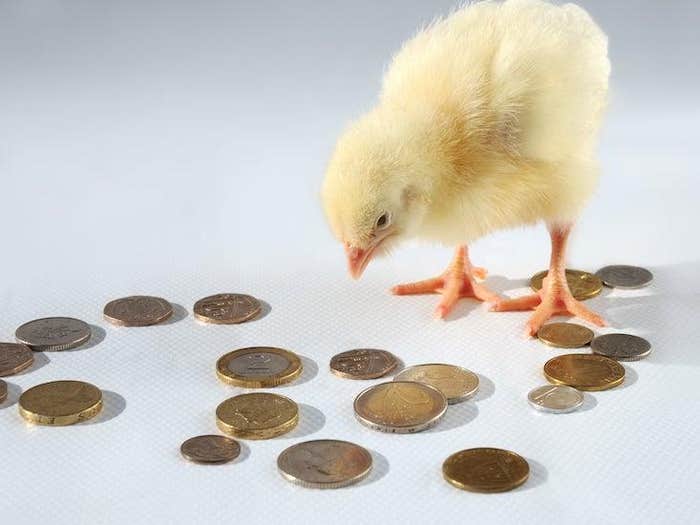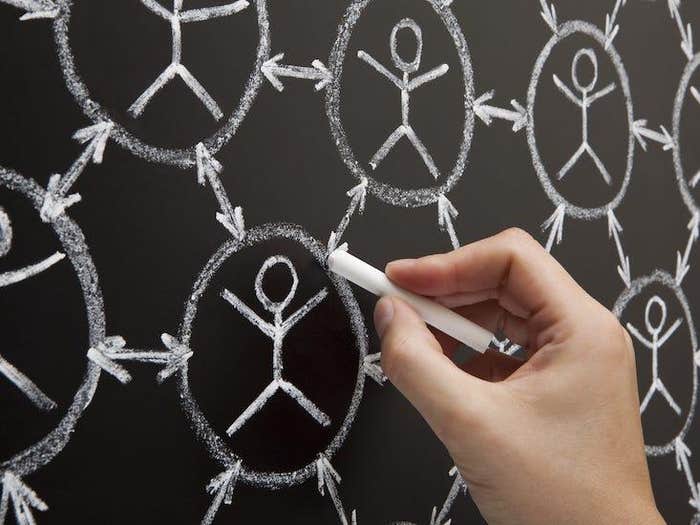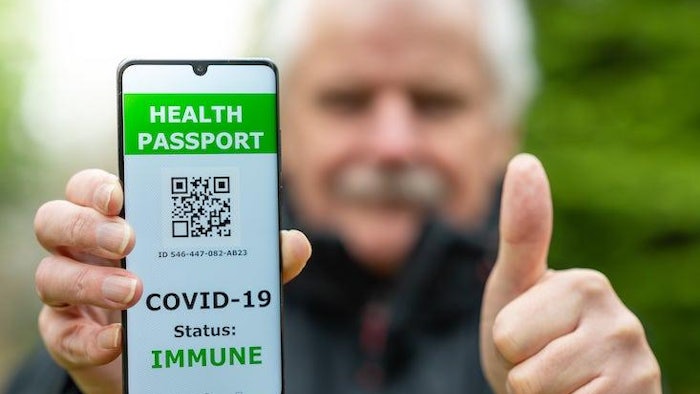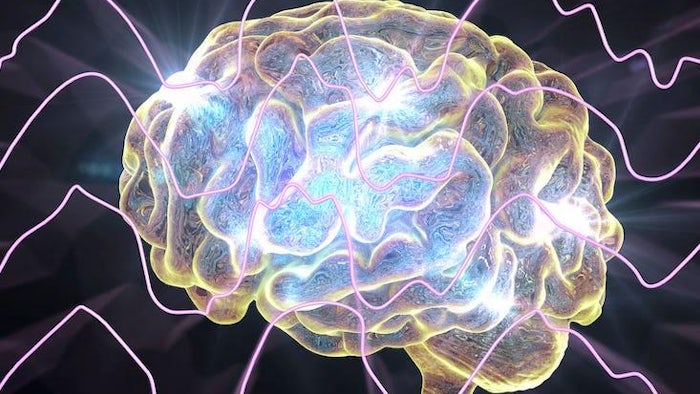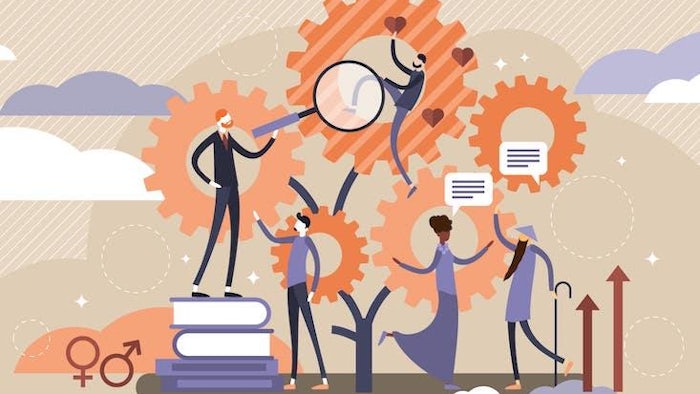Layout_
1167 articles-
You Can Save More Animals by Donating $100 Than Going Vegan
By now everybody’s heard about the terrible treatment that pigs and chickens get in factory farms. For many, the solution seems obvious: eat less meat. But let’s look at that solution in terms of how effective it is. Nautilus Members enjoy an ad-free experience. Log in or Join now . According to data from the […] -
Planets Are Born from Dust Trap Rings
All we are is dust in the wind, man. The same goes for the planets and asteroids and comets. Starting from our dusty beginnings, gravity and a mess of other forces conspired to build our solar system. There’s a venerable tradition of trying to figure out what that grand and hectic process must have looked […] -
We Discovered a Rogues’ Gallery of Monster-Sized Gas Giants
It doesn’t feel right to see a toddler walking down the street by themselves. Toddlers don’t just go rogue, and if they do they are quickly chased down by a parent or grandparent or teacher and brought back where they belong. Most planets are like toddlers: They follow a well-behaved orbit around a star. It […] -
A Close Encounter with a Flame-Bright Egyptian Vulture
On a bright March morning as wildlife photographer Oriol Alamany tucked into breakfast on the island of Socotra, an Egyptian vulture landed on a nearby rock. Caught without proper equipment, Alamany crawled across the ground to photograph the bird from below at close range with a small camera he kept in his pocket. The vulture […] -
Torn Muscle? Hold the Drugs or Surgery—Massage May Be the Best Medicine
If you’re an athlete—even a very occasional one—odds are you’ve dealt with a muscle injury at some point. After all, muscle injuries account for 10 to 55 percent of sports traumas. Often they’re just a nuisance—say, a minor strain that takes you a couple days to get back on your feet. But severely injured muscles, […]
-
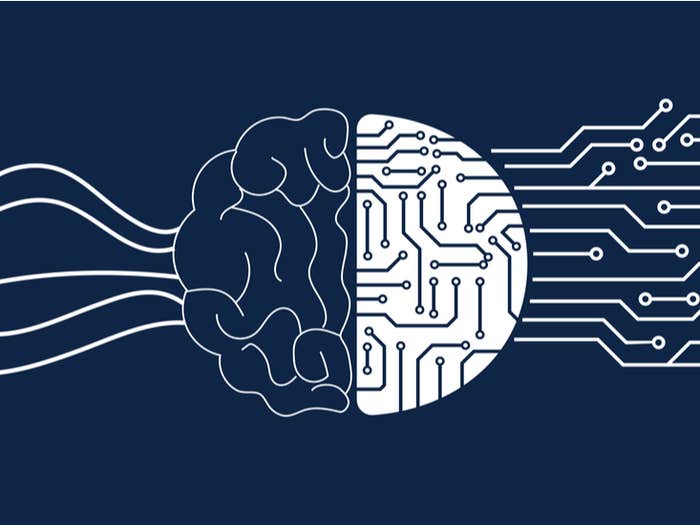
Why AI Lags Behind the Human Brain in Computational Power
It might be more accurate to think of many of the brain’s 10 billion neurons as being deep networks, with five to eight layers in each one.
-
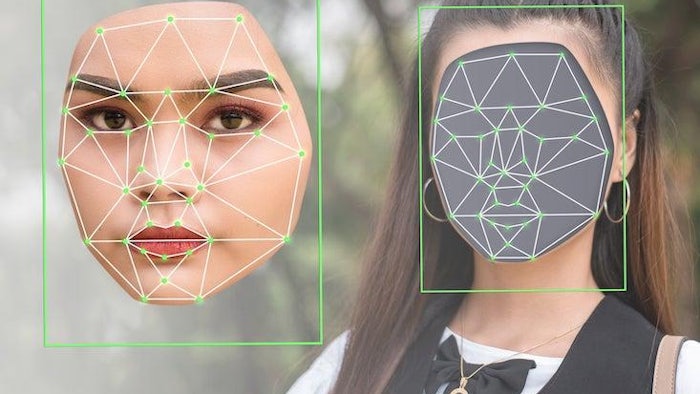
Weird Dreams Train Our Brains to Be Better Learners
For many of us over the last year and more, our waking experience has, you might say, lost a bit of its variety. We spend more time with the same people, in our homes, and go to fewer places. Our stimuli these days, in other words, aren’t very stimulating. Too much day-to-day routine, too much […]
-

The Hidden Link Between “Genetic Nurture” and Educational Achievement
The phrase “Look down your nose” comes from a time when aristocrats were taller than commoners due to their superior nutrition. European elites would literally look down on their inferiors. So it shouldn’t be hard to imagine the shock 19th-century aristocrats experienced, across the Atlantic, encountering well-fed American laborers, artisans, and farmers, who would look […]
-
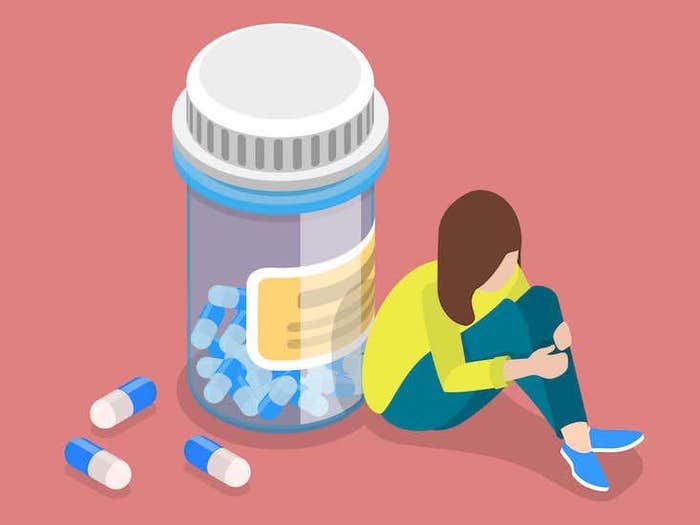
The Problem with Depression Doping
Mental health is not what you’d call an “exact science.” For example, if two highly trained mental health providers meet privately with the same patient, they will agree 90 percent of the time on diagnosing schizophrenia and 65 to 70 percent of the time on diagnosing a bipolar disorder. But this reliability drops off sharply […]
-
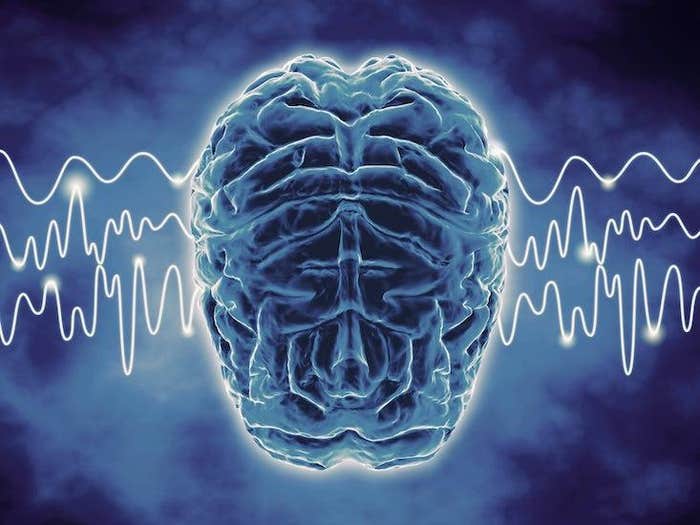
The Hard Problem of Consciousness Has an Easy Part We Can Solve
How does consciousness arise? What might its relationship to matter be? And why are some things conscious while others apparently aren’t? These sorts of questions, taken together, make up what’s called the “hard problem” of consciousness, coined some years ago by the philosopher David Chalmers. There is no widely accepted solution to this. But, fortunately, […]
-
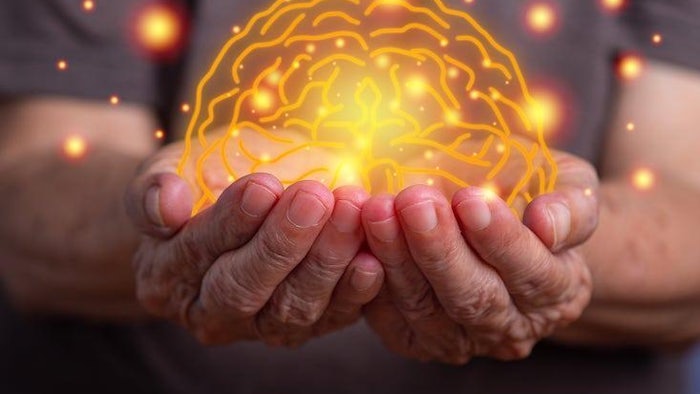
Here’s Where Our Minds Sharpen in Old Age
Fluid intelligence has several aspects, and aging affects them differently.
-
Why You May Have More Friends Than Your Friends Do
There’s a rude charm to the title, “Why Your Friends Have More Friends Than You.” It’s catchy, like the title of an antagonistic explainer: Here are the causes of your lackluster social life. It sounds more like a New York Times op-ed than an academic paper. But in fact, “Why Your Friends Have More Friends […] -
The Economic Case for Vaccine Passports
Requiring vaccine passports would not violate any individual rights that a well-ordered society would choose to defend. -
Why Your Sleeping Brain Replays New Rewarding Experiences
It turned out that, yes, the participants’ brains revealed they were doing a kind of “neural replay” of the game they had been manipulated to win.Illustration by Kateryna Kon / Shutterstock Nautilus Members enjoy an ad-free experience. Log in or Join now . During this Olympics, I’ve been rooting for Kelleigh Ryan, who is on […] -
What Misspellings Reveal About Cultural Evolution
Stable cultural forms do not have to result from close replication; they can emerge continuously out of subtle changes.Illustration by VectorMine / Shutterstock Nautilus Members enjoy an ad-free experience. Log in or Join now . Something about me must remind people of a blind 17th-century poet. My last name, Miton, is French, yet people outside […] -
Talking Pop Science with Physicist Sabine Hossenfelder
As abstract as it is, physics enriches your life.Image via Sabine Hossenfelder / YouTube Nautilus Members enjoy an ad-free experience. Log in or Join now . Science without the gobbledygook.” That’s the name, and promise, of Sabine Hossenfelder’s YouTube show. The German theoretical physicist, whose main gig is as a Research Fellow at the Frankfurt […]



















